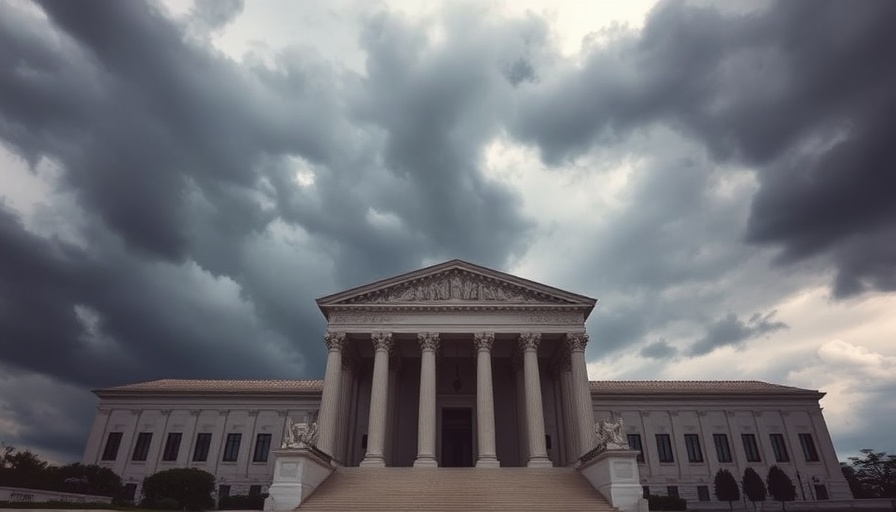
The Ghislaine Maxwell Interview: Key Insights Uncovered
The release of Ghislaine Maxwell's interview transcript by the Justice Department marks a significant moment in a case that has gripped attention for years. Maxwell, who was closely associated with Jeffrey Epstein, has faced severe allegations concerning trafficking and abusing young women. The transcript provides an intricate look into her mindset and the events that transpired during her interactions with Epstein and many others.
Exploring the Documented Statements
In the document, Maxwell offers a defense of her actions, presenting a narrative that aims to shift some responsibility away from her. She exceedingly emphasizes her relationship with Epstein, portraying it as a complicated bond rather than an explicit partnership in crime. This perspective raises further questions about her involvement and the broader implications of her actions.
Public Reaction and Legal Ramifications
The public's reaction to the release of this transcript is expected to be heated. Public sentiment is already sensitive due to the nature of the charges and Maxwell's connection to powerful figures. Legal experts believe the contents of this transcript could potentially influence ongoing legal strategies for both the defense and prosecution in similar cases of trafficking and abuse.
Historical Perspectives on Trafficking Cases
Historically, trafficking cases have often centered around perceptions of victimhood, complicity, and the predator-prey dynamic. Maxwell’s release similarly reflects these themes, drawing on societal attitudes toward women who find themselves embroiled in such scandals. As we examine these cases, it is critical to understand the legal definitions of consent and coercion in contemporary society.
Current Events: The Intersection of Power and Exploitation
The Maxwell case exemplifies the intersection of power, exploitation, and accountability. As society grapples with the implications of the #MeToo movement, this case embodies the ongoing struggle for justice. How the courts handle this case could signal a pivotal moment toward addressing historical injustices faced by countless women.
What This Means for Future Trafficking Cases
As this case progresses, it may pave the way for stricter regulations and more vigilant enforcement of laws relating to human trafficking. Advocates for victims are hopeful that outcomes from the Maxwell case will illuminate areas that need reform within the legal system and encourage more victims to come forward.
Conclusion: The Need for Vigilance and Reform
The release of Ghislaine Maxwell's interview transcript offers only a glimpse into the convoluted world of trafficking and exploitation. It raises urgent questions about accountability, victim support, and the societal structures that facilitate such abuses. For those invested in ensuring justice for victims, this ongoing narrative calls for continued vigilance and reform in how we approach these complex issues.
 Add Row
Add Row  Add
Add 




Write A Comment